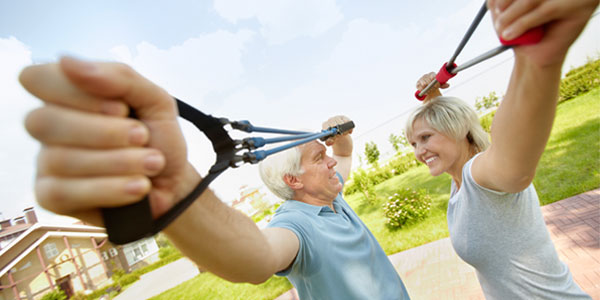A common tip for improving heart health is to get more exercise. But, what form of exercise is best? How much is too much?
Several myths about exercise and the heart have circulated for years. While some may sound reasonable, many are inaccurate and could have a negative impact on your health.
Oakland cardiologist John S. Edelen, M.D., of Alta Bates Summit Medical Center, debunks some common myths about exercise and your heart.










